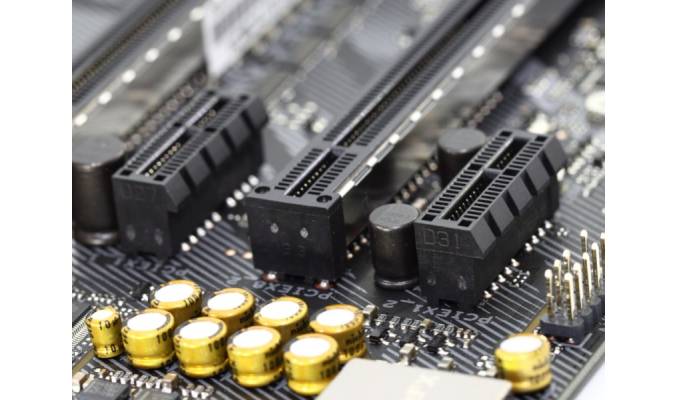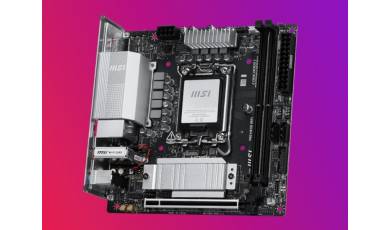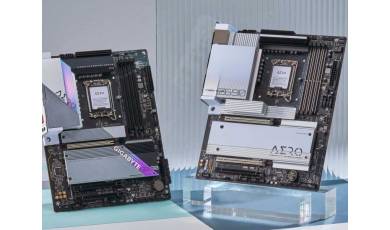SSDs with PCIe 8.0 support will deliver speeds of up to 1 TB/s. |
|
 |
|
|
The PCI-SIG organization has presented preliminary specifications for PCI Express 8.0. The new standard is designed for a theoretical bandwidth of up to 256 GT/s per lane and up to 1 TB/s in an x16 configuration. Development is expected to be completed by 2028, three years after the approval of PCIe 7.0. PCIe 8.0 is geared toward tasks that require the highest possible data transfer speeds: AI and machine learning, quantum and edge computing, high-performance data centers, automotive and aerospace platforms. In an x4 configuration, for example, drives will be able to deliver up to 128 GB/s, which is eight times faster than most modern SSDs on PCIe 5.0. The standard will maintain backward compatibility with previous versions, but will offer an updated protocol, improved PAM4 encoding, reduced latency, and improved energy efficiency. New types of connectors are also being developed, and reliability and error correction will remain priority areas. The PCI-SIG statement says that PCIe 8.0 targets for reliability, FEC, and robustness must be met. The main goal is to double the speed while maintaining all the key advantages of the interface: stability, versatility, and compatibility. In addition, PCI-SIG continues to develop related infrastructure, in particular CopprLink cable technology. Specifications for external and internal PCIe 5.0 and 6.0 connections have already been presented, and solutions for PCIe 8.0 are expected in the future, which are particularly relevant for server and HPC systems. |











